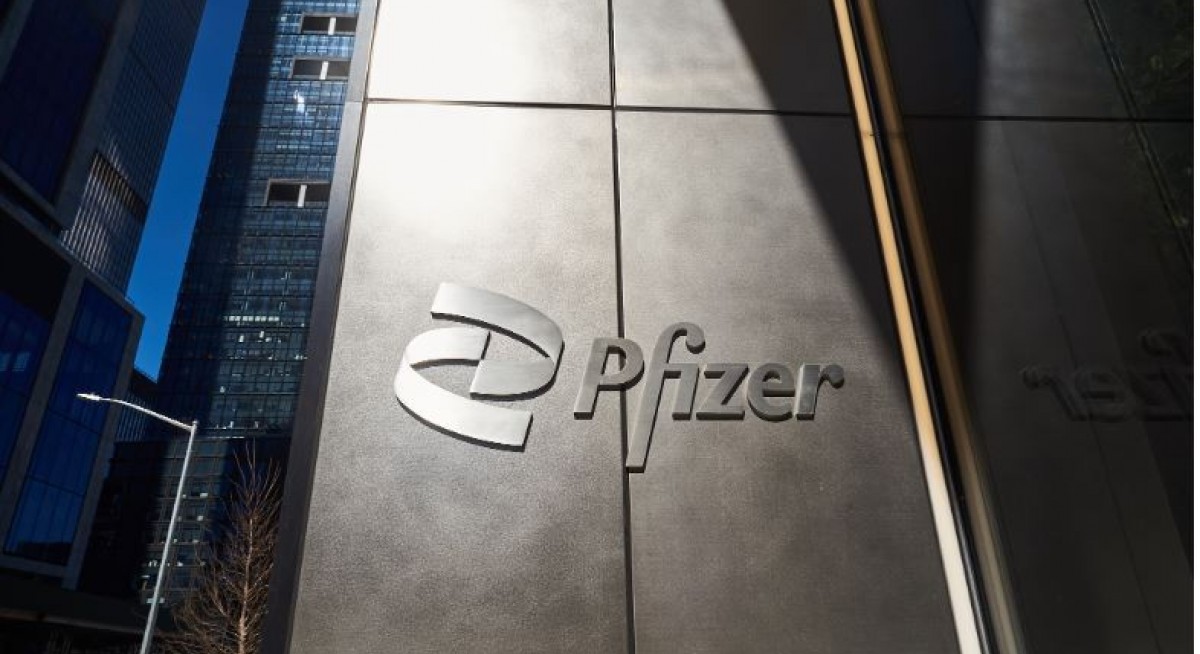Pfizer will pay Metsera US$47.50 in cash per share, and a further US$22.50 if certain performance milestones are met, the people told the FT. The agreement represents a premium to Metsera’s Friday share price close of just over US$33 in New York.
Neither company immediately replied to requests for comment from Bloomberg outside of normal business hours.
Metsera is part of the coterie of next-generation hopefuls jockeying for a piece of the multibillion-dollar obesity drug market. A takeover would give Pfizer access to Metsera’s drug MET-233i, a weight-loss shot that helped patients lose up to 8.4% of their weight in 36 days in a small, early-stage trial.
Notably, the treatment has the potential to be taken less frequently than shots made by obesity market rulers Novo Nordisk A/S and Eli Lilly & Co., which would allow patients to go from weekly to monthly dosing.
See also: A years-long push to unite Glencore and Rio fell apart in a day
Pfizer expects to pull off two or three deals totaling up to US$15 billion this year to replenish its stable, Bloomberg has reported. The setback dealt by its obesity pill — which had been the firm’s best chance to break into the weight-loss market — upped pressure on CEO Albert Bourla, while analysts have speculated that the company could buy its way back into contention by acquiring a smaller weight-loss player.
Pfizer has struggled as demand falls for its Covid-19 vaccines and treatments. Patent losses are also expected to erode sales by more than US$15 billion through the end of the decade.
MET-233i is what’s known as a long-acting amylin analogue. Amylin has emerged as a possibly gentler option than GLP-1 drugs, which can have high rates of side effects like nausea and vomiting. Novo, Lilly and Zealand Pharma A/S are all testing amylin treatments.
MET-233i “could have best-in-class potential in obesity”, Bloomberg Intelligence senior pharma industry analyst Michael Shah wrote in September. “Long half life could allow for possible once-monthly dosing, which would provide differentiation vs. rivals.”




